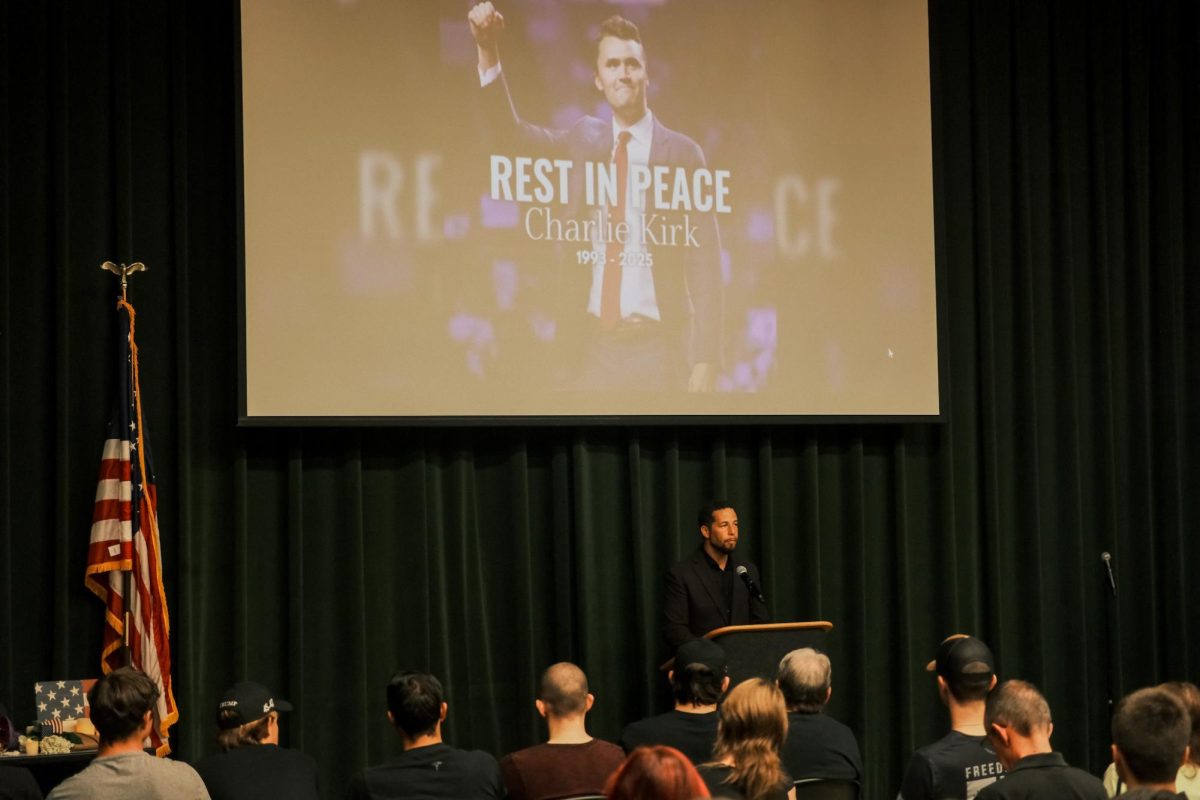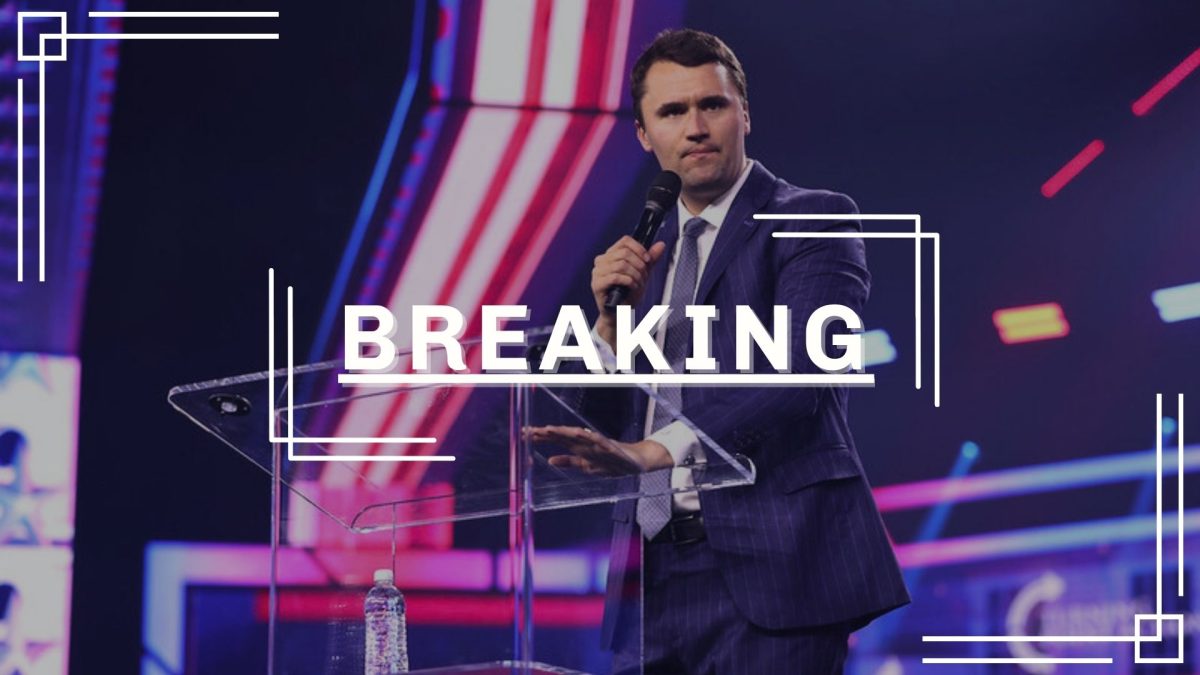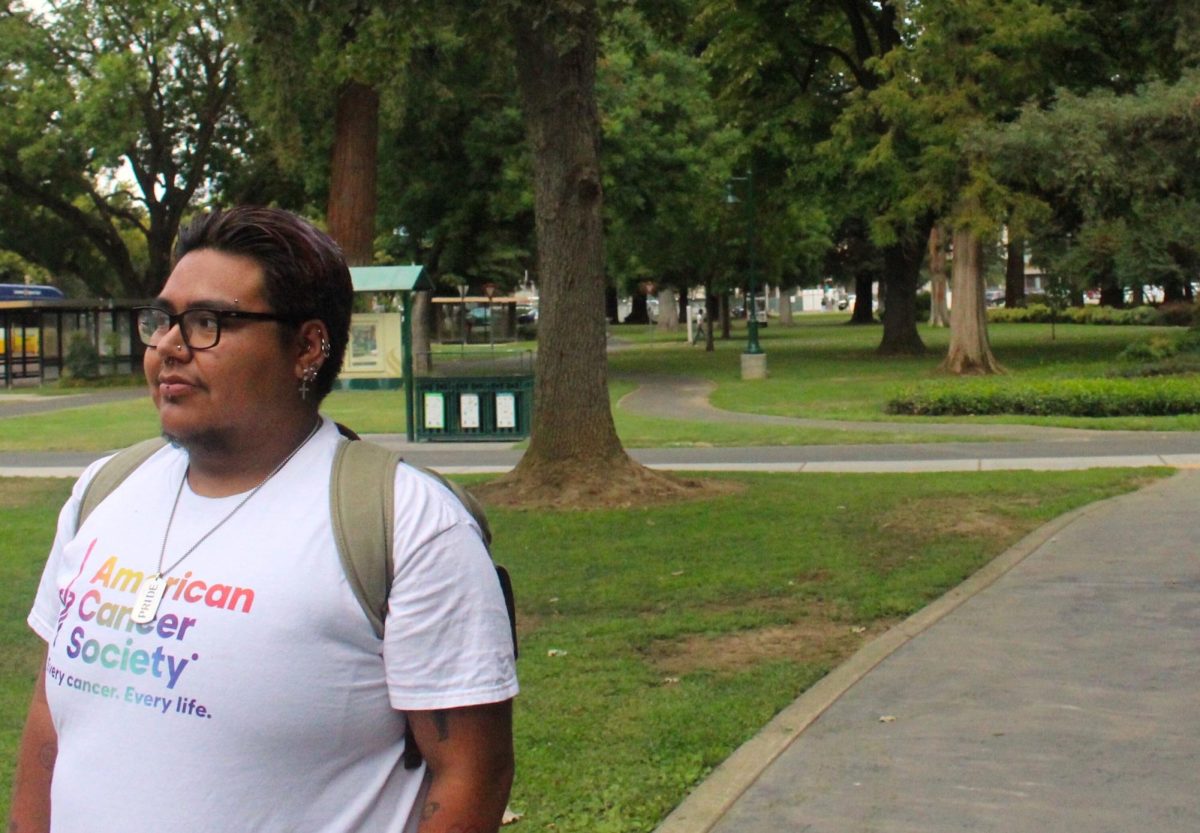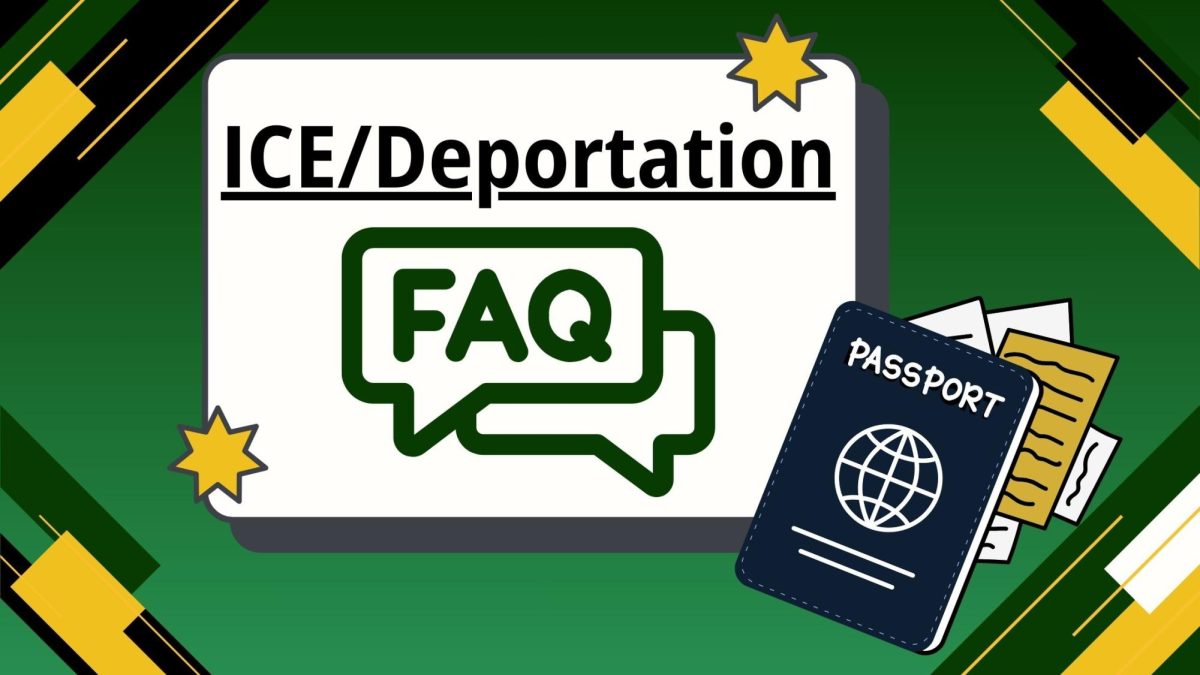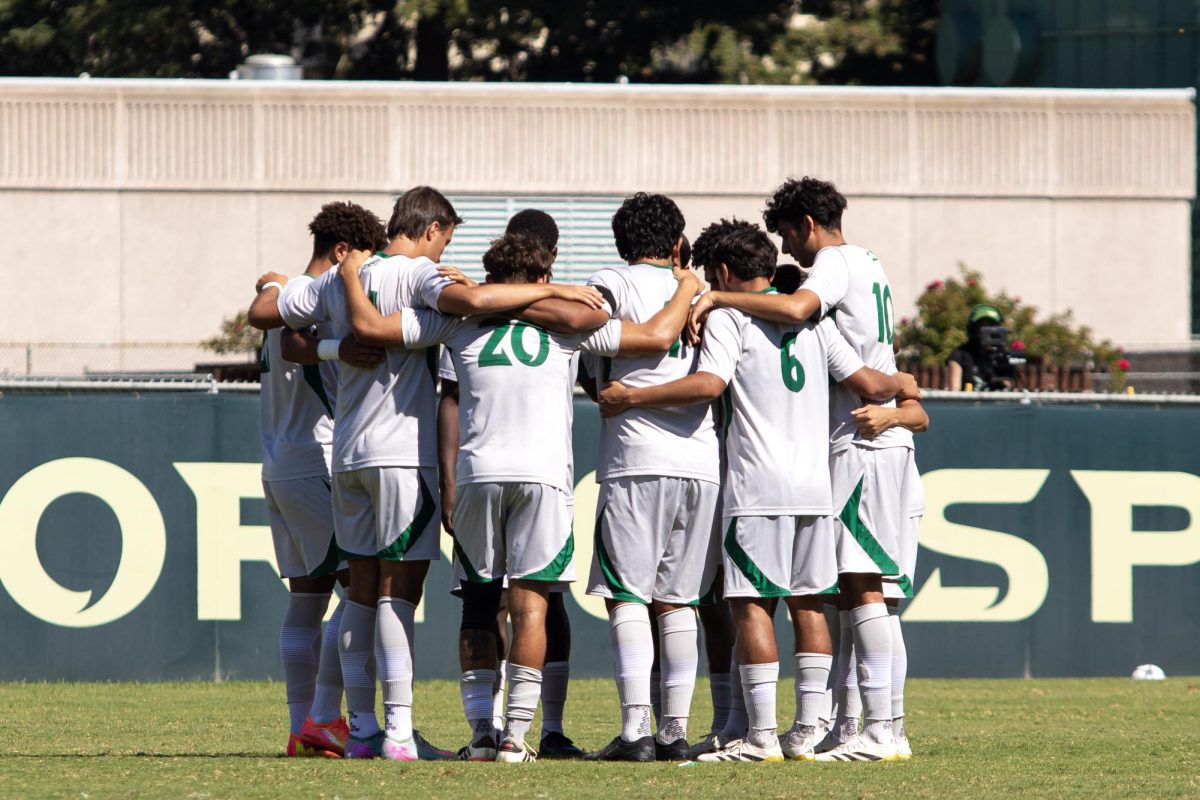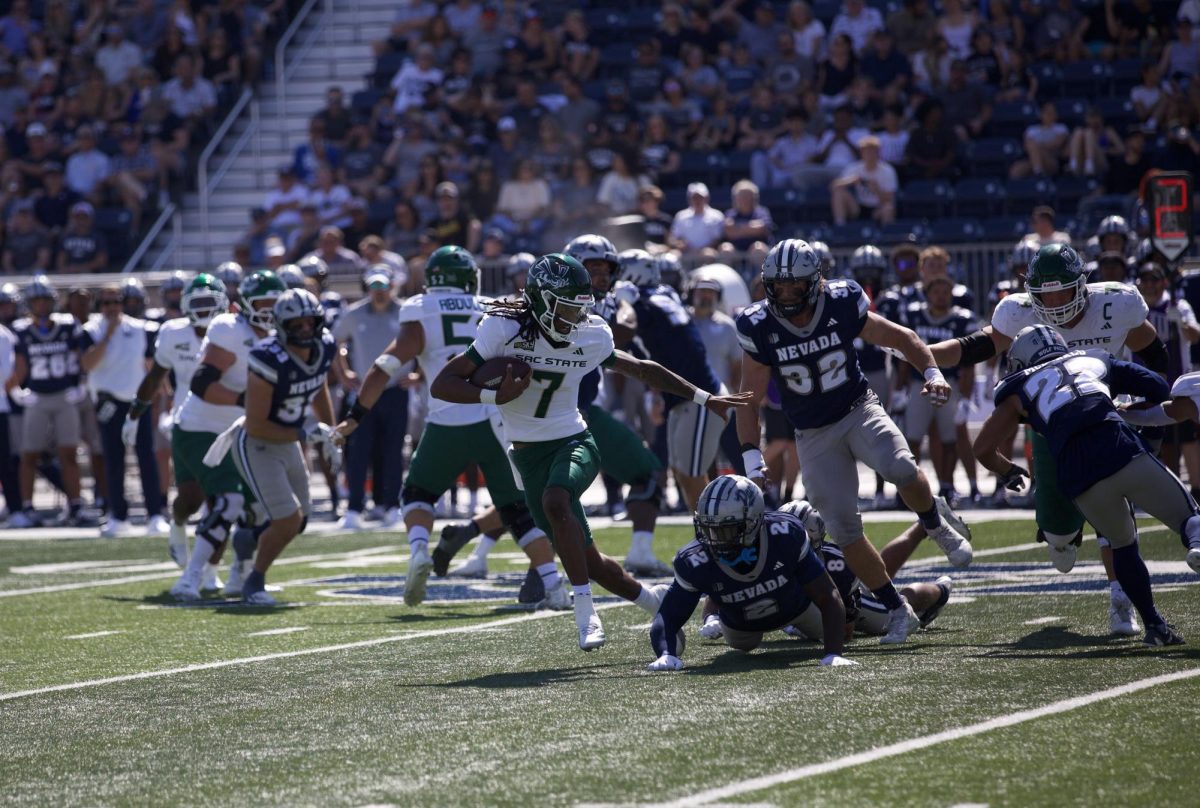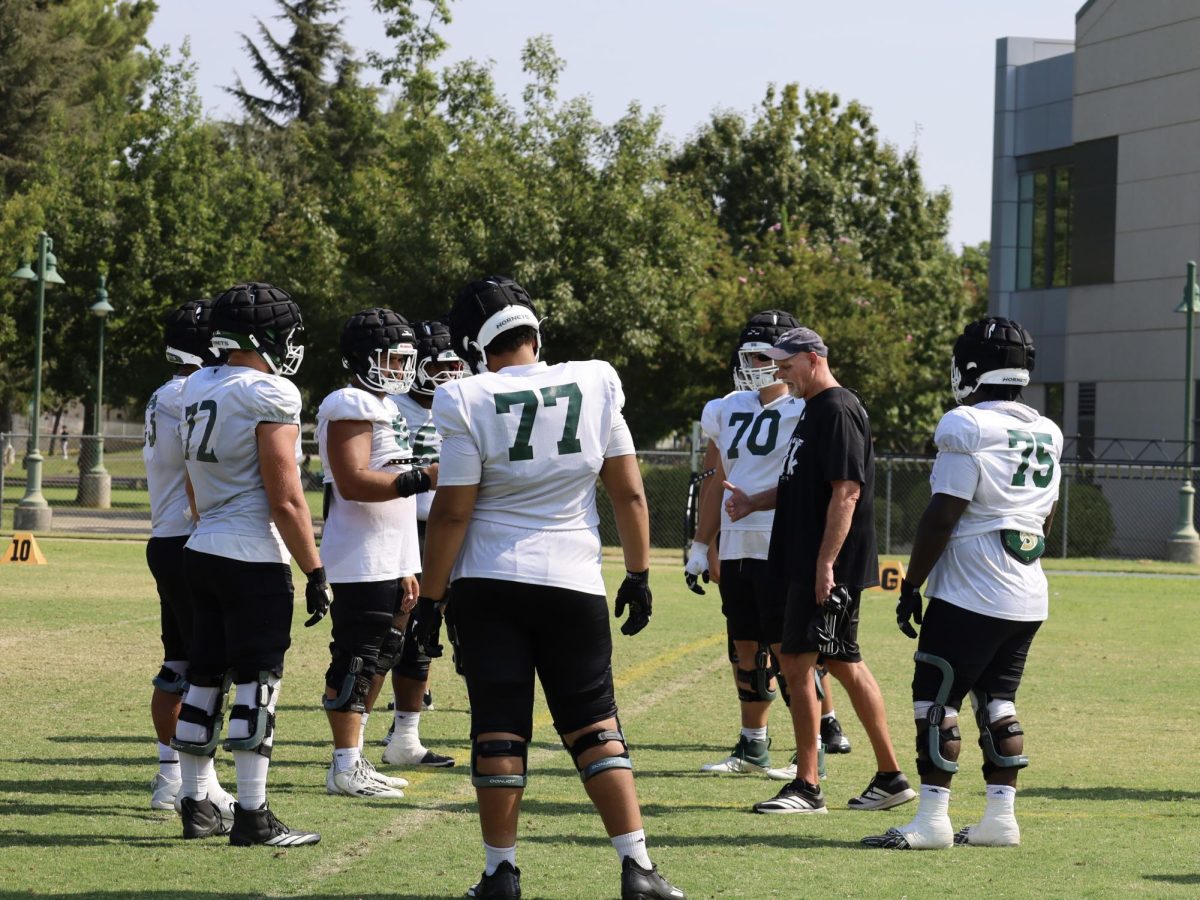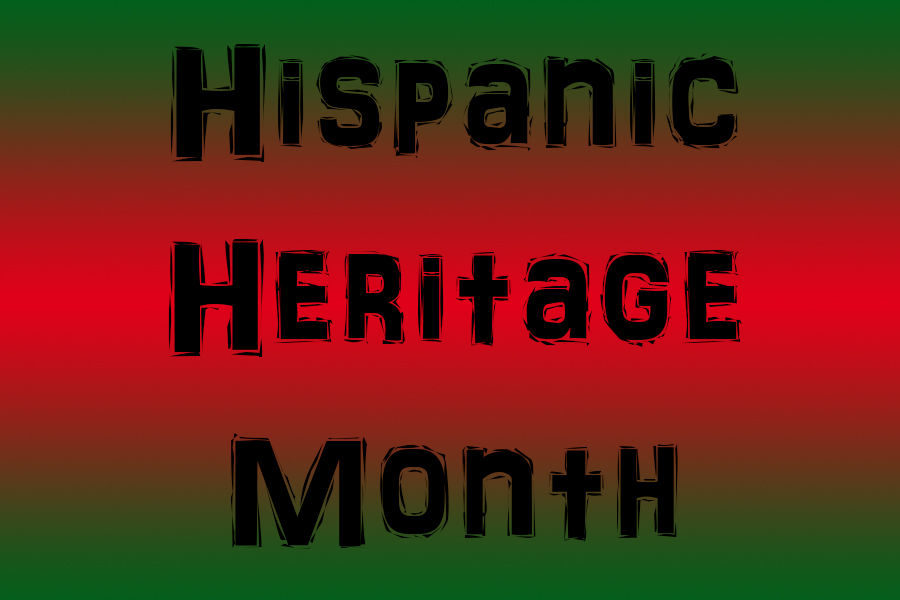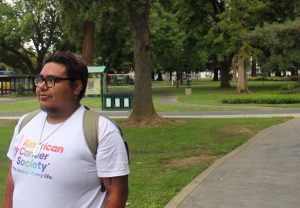Why we need to recognize Hispanic heritage
September 22, 2015
U.S. history has been taught to us since grade school. Most of us can name at least one of the founding fathers, and all of us can remember why we started the Civil Rights Movement. But why were some of us not taught about the Chicano Movement until college?
September is National Hispanic Heritage Month. But has anyone brought it up? Why is it not as popular as Black History Month?
National Hispanic Heritage Month should be celebrated just as much as the other heritage months.
Those of us who have taken an ethnic studies class have learned about the movements minorities have started in order to get the rights they deserve.
Hispanics have had to fight for equal representation in government, unsegregated “Mexican” schools with better graduation and literacy rates, for no oppression in the work place, better pay for manual field workers, and against discrimination. Some of these battles were won; the most famous won by Cesar Chavez, when he was able to unionize farm workers and get them better pay from farm owners.
If it weren’t for these classes and the professors who teach them, most of us would still be oblivious to the contributions of these minorities.
As a student of the California public school system, I distinctly remember learning about my people’s history only twice. The first time was in 7th grade when we were studying ancient history, and we briefly touched the Aztec story for an hour but covered Roman and British history for months.
The next time was during my junior year of high school, when during my AP U.S. History class, the movement led by Cesar Chavez was squeezed between the hippie and the women’s movement, and was yet again only talked about for an hour. His movement was not even named, only referred to as a “Hispanic’s fight for equality.”
To say that I, a Mexican-American born and raised in California, was curious about my people’s culture after those history lessons would be a lie. I was not interested, because my education system had failed me, as cliche as it may sound, and so I believed the Chicano movement was nonexistent.
Fast forward to the fall semester of my second year in college. My ethics studies professor introduced the Chicano Movement with so much enthusiasm to me and the other 60 people in the classroom. I was intrigued. I could not believe my people had contributed anything to this country besides picking the fruits and vegetables we eat on a daily basis.
Before, I didn’t even know the definition of “Chicano,” and now I was calling myself one. I finally took pride in my nationality and professed myself as the “modern Chicana woman.”
I would like to think that I am not alone when it comes to this experience. Americans, not just Latinos, should know the history, the movements and the collaborations they (Latinos) have brought to this country.
If I had been taught at a younger age that my people’s movement was just as important to the history of the United States as any other, I, along with other Hispanics, would feel a sense of pride and belonging.
Hispanics have to realize that their contributions to this country are countless. We should be celebrated not only in September, but during the rest of the year as well. Kids as well as college students should be taught that Cinco de Mayo is in fact, not Mexican Independence Day, and should still not be mocked and used as an excuse to get drunk.
Rather, Mexican Independence Day is Sept. 16. September is the month countries like Guatemala, Honduras, Nicaragua, Belize, Costa Rica, and El Salvador all celebrate their independence. This is why it is referred to Hispanic Heritage Month.
We have all heard it countless times: Latinos will be the largest “minority” in the U.S. in a few years. So why has their history and their influence been pushed to the side? Now more than ever, Chicanos should see this opportunity as a time to come forward and express their views, feel pride in their heritage and influence this country even further.


